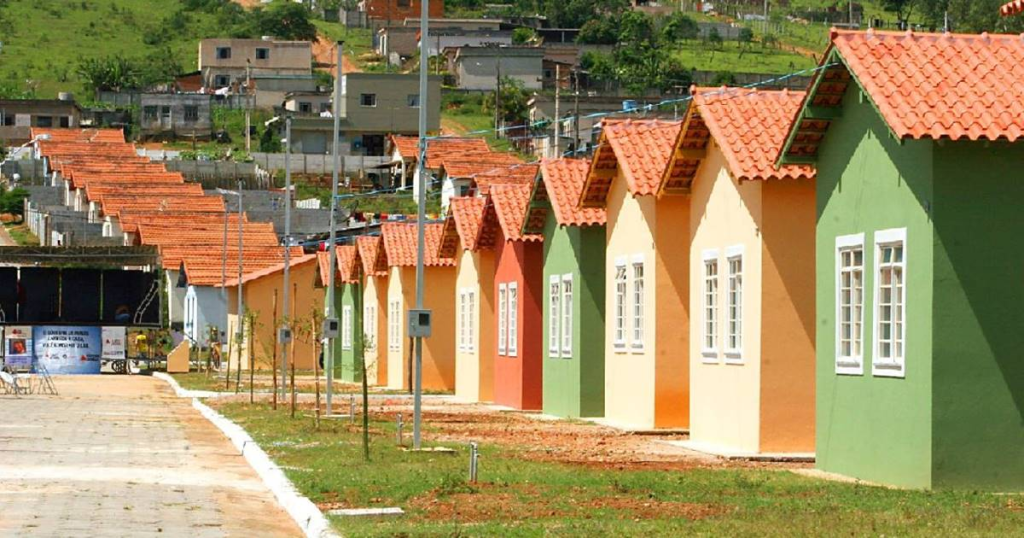THE Family Allowance It acts as an income redistribution program, aiming to support families facing precarious social conditions. In this text, we will explore the main elements related to Bolsa Família, from its operationalization to how to check the list of beneficiaries by city.
Bolsa Família, what is it?
Aiming to alleviate poverty and promote social inclusion, the Benefit, a federal government initiative, makes financial transfers directly to families experiencing vulnerability, thus ensuring access to basic needs such as food, health and education.
Read also: New R$ 300 Aid in Payment: Find Out How to Request Yours
How does Bolsa Família work?
The program process includes the selection and registration of families that meet the criteria defined by the government. These criteria, based on the family's monthly per capita income, may vary depending on the family composition and the ages of the members.
Once registered, the family begins to receive a monthly amount that is adjusted according to their specific situation. Payments are made via the family's credit card. Family Allowance, which allows both withdrawals and purchases at commercial points.
How to check the list of beneficiaries by city?
The Transparency Portal, updated by the Comptroller General of the Union, allows consultation of the list of beneficiaries of Family Allowance by city. On the portal, you can search using the full name, NIS (Social Identification Number) or the name of the city.
By selecting a specific city, you can view the list of individuals who receive the Benefit in that region, as well as the number of installments received by each one. This query represents a way to ensure transparency and oversight of the program.
What benefits does Bolsa Família provide?
THE Family Allowance offers numerous benefits to families in conditions of social vulnerability, including:
- Food: The program helps improve families' nutrition, ensuring access to an adequate and nutritional diet.
- Health: The Benefit is also linked to improving the health of families, providing access to basic health services and prevention and monitoring programs.
- Education: The initiative encourages school attendance among children and adolescents, helping to reduce school dropout rates and guaranteeing the right to education.
- Social inclusion: The program enables the social inclusion of beneficiary families, allowing access to fundamental rights and improving their living conditions.
Who can participate in the Benefit?
To participate in the Family Allowance, the family must meet the income criteria determined by the government. These criteria may vary depending on the family composition and the age of the members.
Furthermore, the family must be registered with Single Registry (CadÚnico), a federal government information system that identifies families in situations of social vulnerability.
How do I register for Bolsa Família?
Registration in the Benefit occurs through the Single Registry (CadÚnico). The registration process includes visiting a Social Assistance Reference Center (CRAS) or a CadÚnico service point, bringing personal documents and proof of income.
After registration, the family will be assessed according to government criteria and, if they qualify, they will begin to receive the Bolsa Família benefit.
What is the procedure for paying the Benefit?
Payments of the Benefit occur monthly, following a calendar defined by the government. The amount of the benefit may change according to the specific situation of each family, considering per capita income and family composition.
Read also: Great news for Bolsa Família beneficiaries
The benefit amount is deposited into a specific account, associated with the Bolsa Família card, which can be used to make withdrawals at electronic terminals and to make purchases in stores.
How can we ensure the continuity of the Bolsa Família benefit?
To ensure the continuity of the Bolsa Família benefit, it is crucial that the family keeps its data updated in the Single Registry. Changes in family composition, income or other registration data must be communicated to the responsible entity.
It is also imperative that beneficiary children and adolescents attend school regularly, as stipulated by the program.
Finally, the Family Allowance plays a crucial role in the fight against poverty and in promoting social inclusion in Brazil. Through it, millions of families gain access to benefits that significantly improve their quality of life.
Transparency and oversight of the program are ensured by consulting the list of beneficiaries by city, allowing society to closely monitor its implementation.
Therefore, it is vital that families who meet the Benefit criteria register and keep their data constantly updated, ensuring access to all benefits provided by the program.
“Bolsa Família emerges as a vital program to promote social inclusion and guarantee fundamental rights for families in situations of social vulnerability.”


